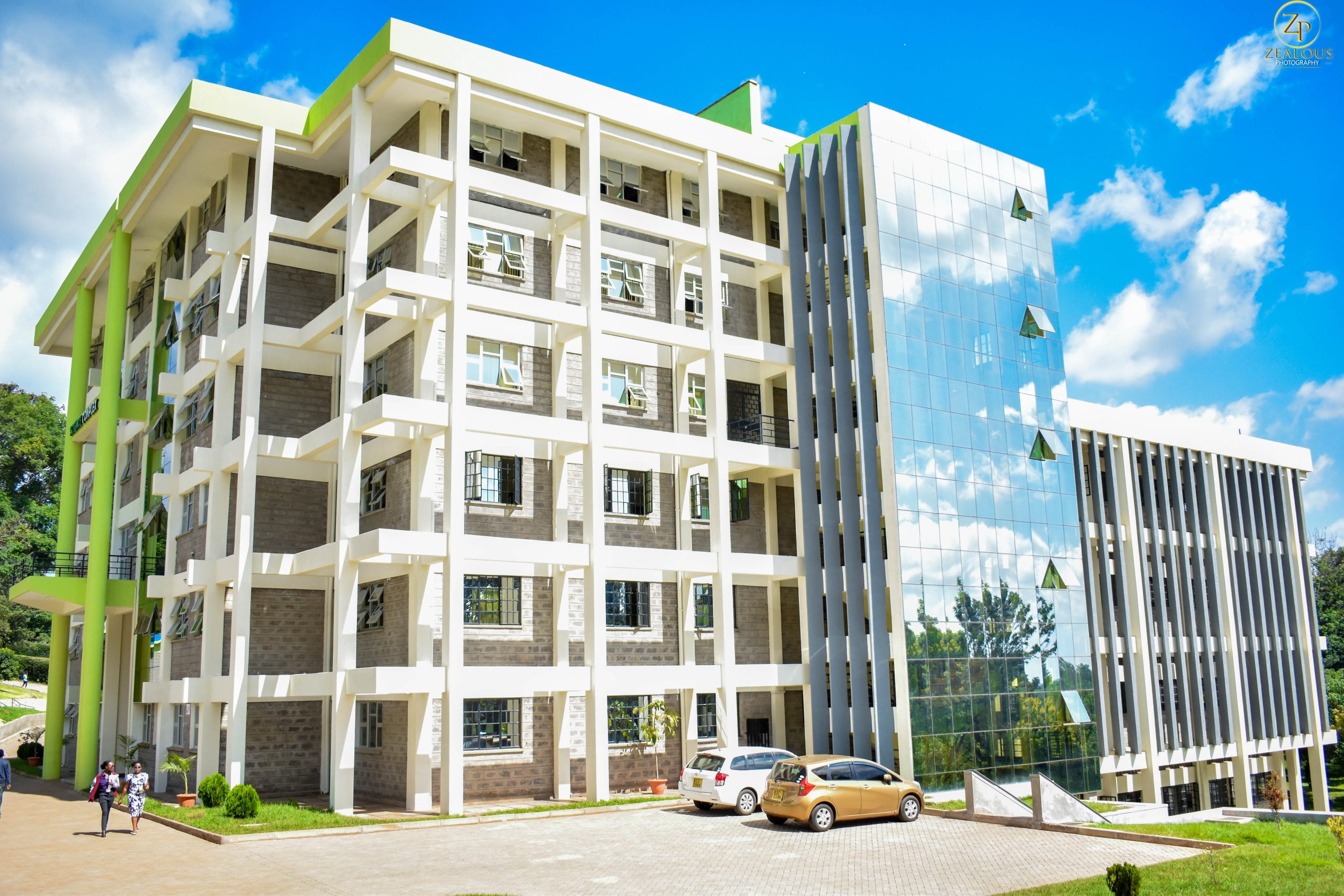- Home
- About Us
- Profile
- University Leadership
- University Administration
- Directorates
- ICT Directorate
- Directorate of postgraduate studies
- Directorate of Resource Mobilization
- Directorate of Research, Innovation and Consultancy
- Directorate of Open, Distance and Elearning
- Directorate of Performance Management and Standards
- Directorate of Catering and Accommodation Services
- Directorate of Linkages, Outreach and Partnerships
- Directorate of Technical Vocational Education and Training
- Directorate of Gender and Development Studies
- Directorate of Undergraduate Studies and Industrial Attachment
- Academic Quality Assurance
- Mariira Campus
- MUT Policies & Service Delivery Charters
- Website Ranking
- Academics
- Admissions
- Research
- Students life
- Library




